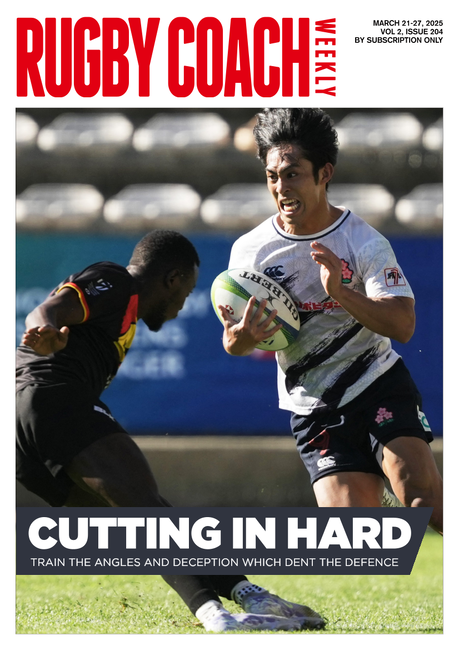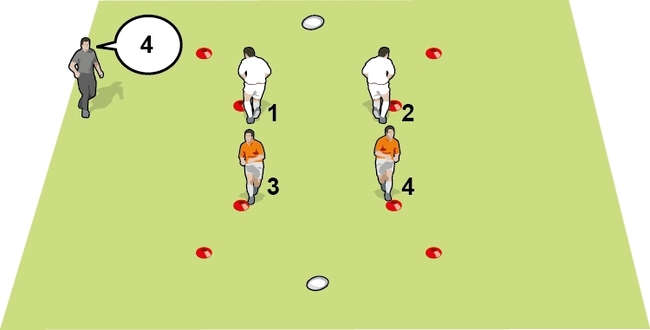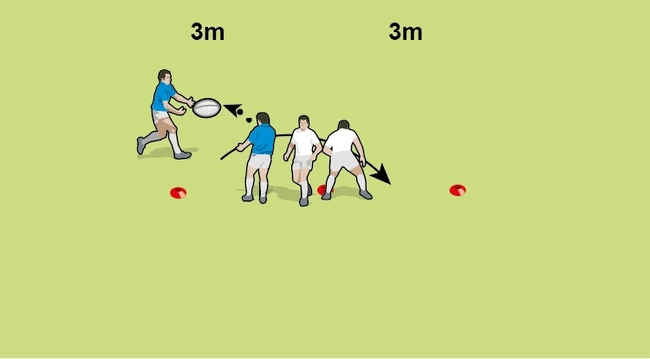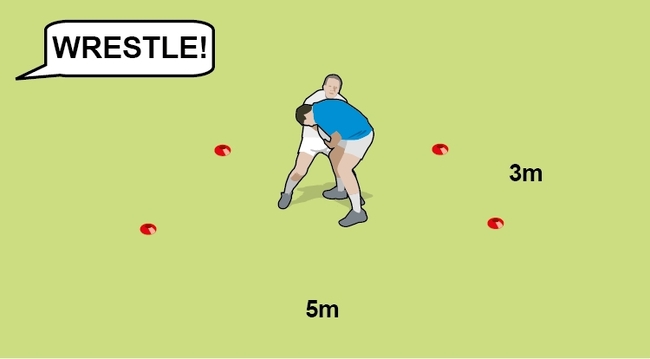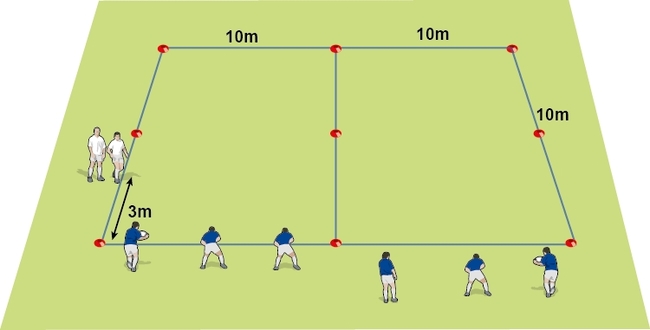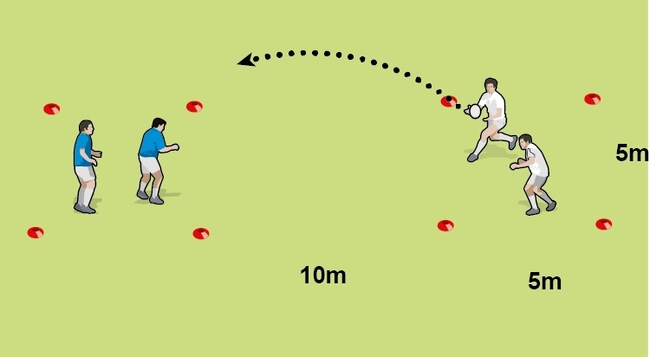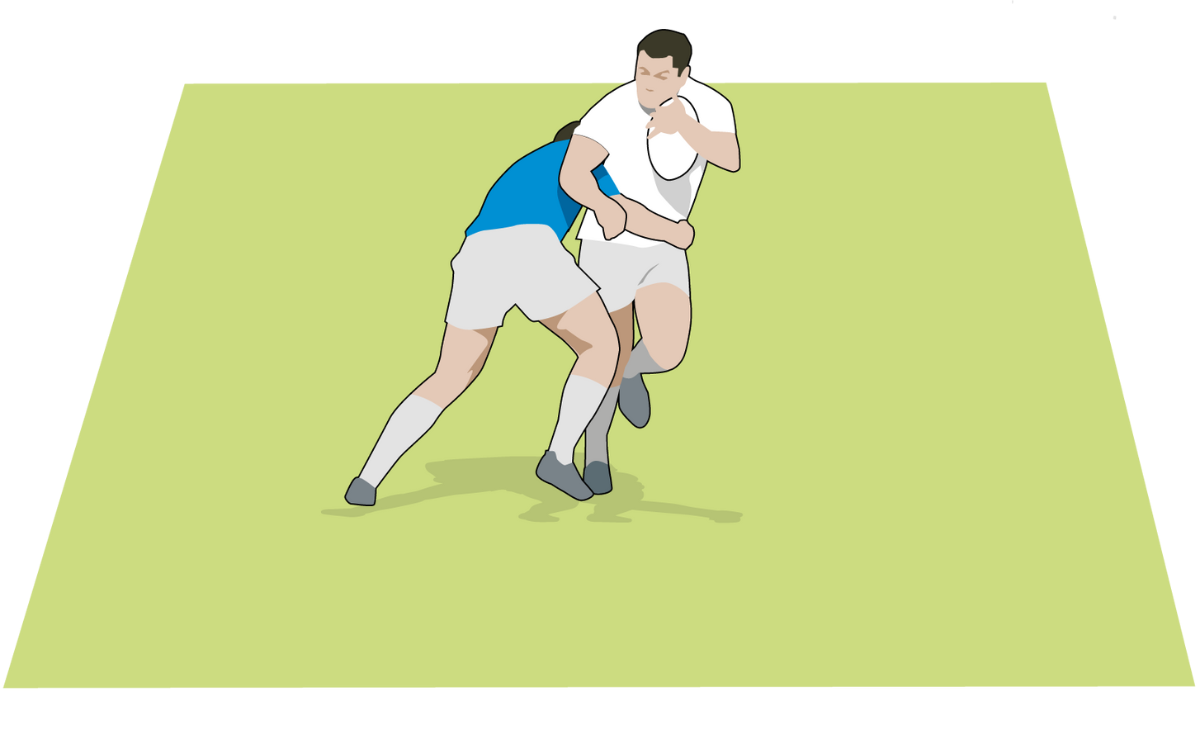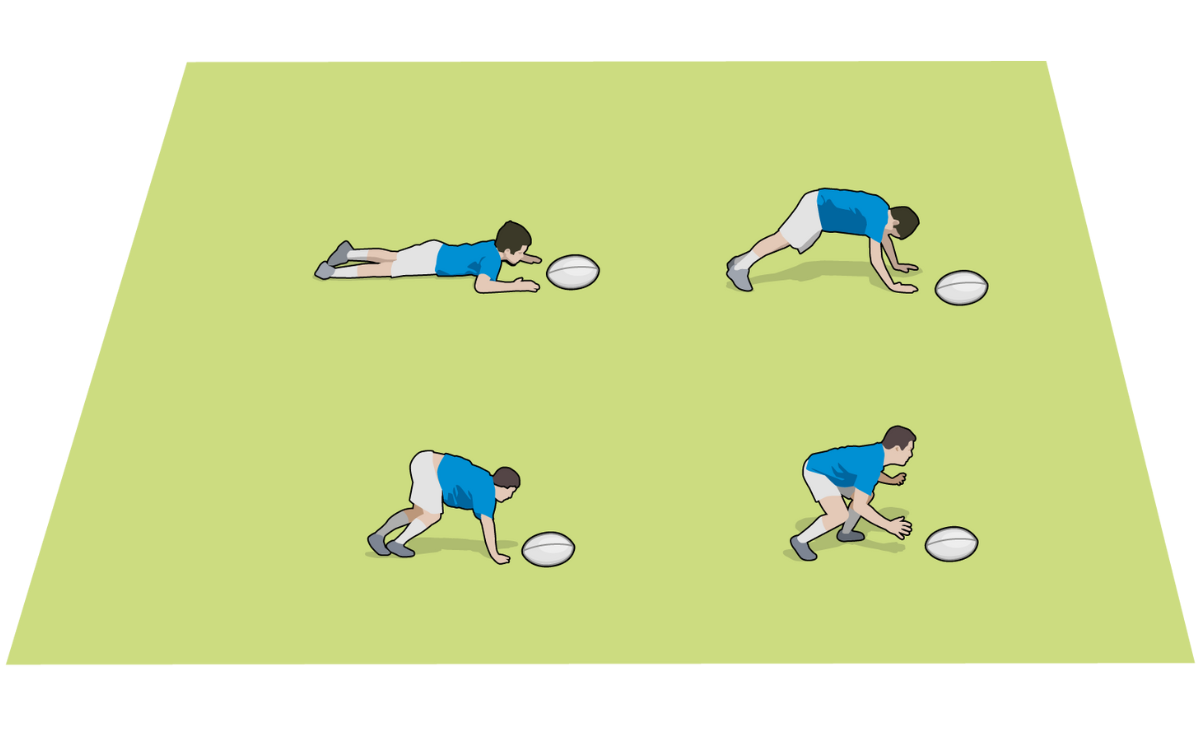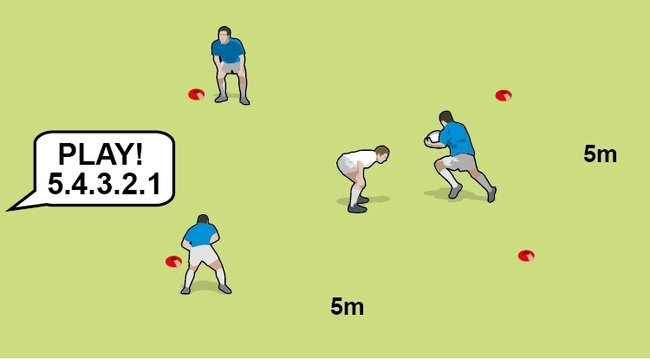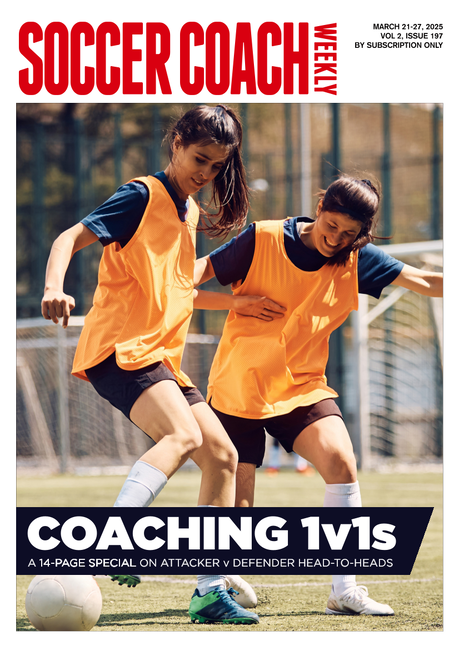Four ways to add a touch of spice to training
Training games, like touch rugby or contact games, tend to be competitive. They should have: Context: the players should know, either before or after the game, the reason you are playing. Fun/enjoyment are a given. However, what are the potential rugby outcomes? Points: the players will want to know what the score is, and what the points system is. Now, let’s spice this up
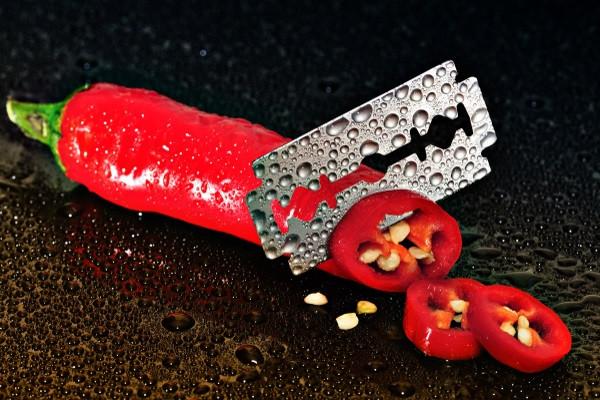
Training games, like touch rugby or contact games, tend to be competitive.
They should have:
- Context: the players should know, either before or after the game, the reason you are playing. Fun/enjoyment are a given. However, what are the potential rugby outcomes?
- Points: the players will want to know what the score is, and what the points system is.
Now, let’s spice this up
1 Rewards not forfeits
A game can be played for pride or bragging rights. That’s fine. But spice it up by adding in a reward at the end of it. That reward is more likely to be forfeit to the other team. But dress it up as a reward, for a more positive outcome.
Examples of rewards could be: The winning team are piggy-backed off the pitch. They have their kit tidied up for them. They have a song sang to them. They don’t wear the smelly bibs. They get choose which game to play next.
If you can, make the reward immediate.
PS, why not add in an extra reward. If a team completes a certain target, you do some press ups!
2 Clocks
Rugby is played to a clock. You have a set amount of time in which to win the game. Why not set out scenarios which are against the clock.
For example Team A start in possession and have two minutes to prevent a try being scored. Or Team A three goes of 30 seconds to score a try from a set piece.
Remember the game is played in short bursts, and unless you are international level, perhaps 90 seconds to a minute at the most. However, you could give a team a task which allows them a couple of stoppages.
3 Joker
Allow each team a "joker" card. This can be played at any stage in the game, though it must be played after a stoppage.
It should be a time-limited outcome which gives them an advantage.
For example: Double points, a turnover if a certain players make a tackle, sitting out an opposition player, making the opposition play in silence, allow them an offside player, allowing kicking for them.
You could make the joker card extremely scenario related. For example, a yellow card, or two consecutive goes with possession for a referee error in their favour.
4 Struggles
The best learning comes from struggling at first. The learner finds a way to overcome their struggle and if this is put into the right context, and it was the learner who found the way, then there’s more chance of transfer.
Team struggles are implicit in the game. They need to overcome the opposition. We set these up with additional constraints, like overloaded attack or defence, or changing the dimensions of the pitch.
We can also introduce personal struggles. In fact, these struggles already exist, but the player might not be focused on them.
In pairs, get teammates to help each other work out what they might want to work on. For less experienced players, who can give them some hints. For example: "I want you to think of ways in which you might attack better. Talk about passing, or evasion, or support. What can you do differently with your hands or type of pass, or how can attack a defender differently, or what can you do to give you team mate more options".
After the pairs have chatted, quickly ask some players in the group for their work-ons. And then, as the game is going on, ask others.
As you do that, you can stretch better players. For example, asking a consistent try scorer to see if they can set up a try for another player.
Related Files
Newsletter Sign Up
Coaches Testimonials

Gerald Kearney, Downtown Las Vegas Soccer Club

Paul Butler, Florida, USA

Rick Shields, Springboro, USA

Tony Green, Pierrefonds Titans, Quebec, Canada
Subscribe Today
Be a more effective, more successful rugby coach
In a recent survey 89% of subscribers said Rugby Coach Weekly makes them more confident, 91% said Rugby Coach Weekly makes them a more effective coach and 93% said Rugby Coach Weekly makes them more inspired.
Get Weekly Inspiration
All the latest techniques and approaches
Rugby Coach Weekly offers proven and easy to use rugby drills, coaching sessions, practice plans, small-sided games, warm-ups, training tips and advice.
We've been at the cutting edge of rugby coaching since we launched in 2005, creating resources for the grassroots youth coach, following best practice from around the world and insights from the professional game.


